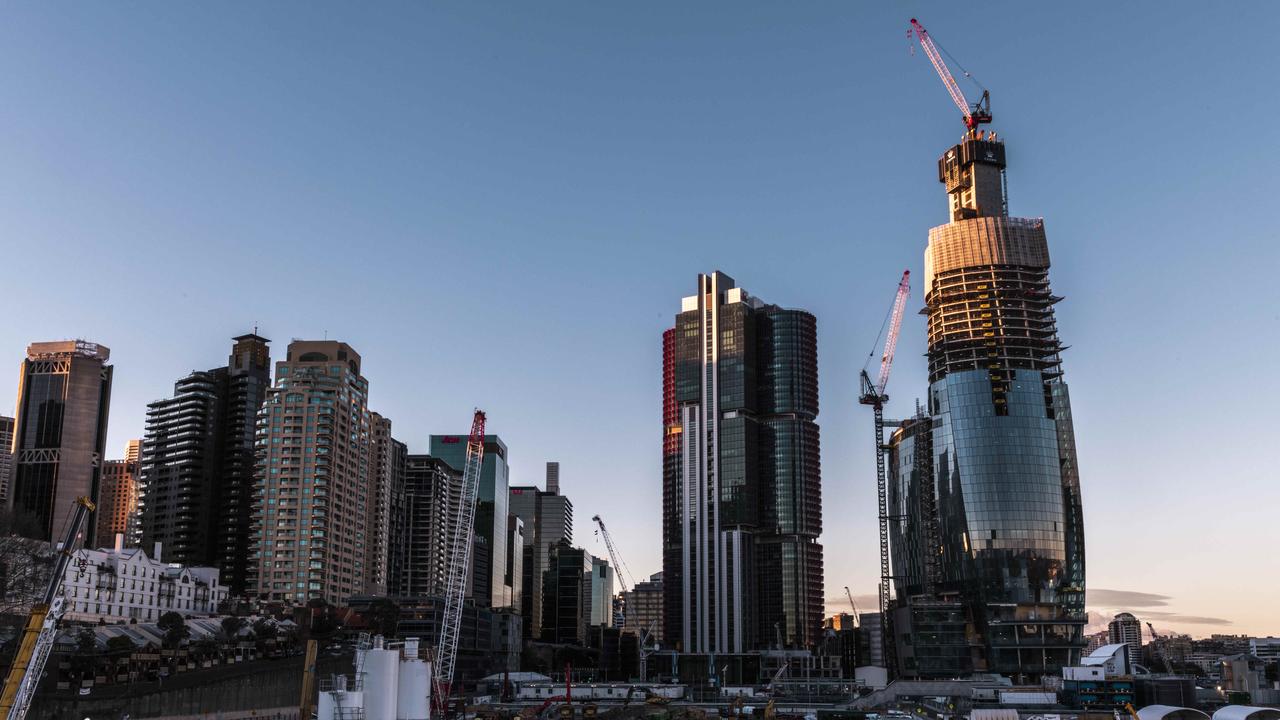Why finding a job in Sydney can be such hard work
THE chance jobseekers with little or no experience have of finding work has plummeted, with startling figures revealing entry-level positions are “virtually non-existent”.
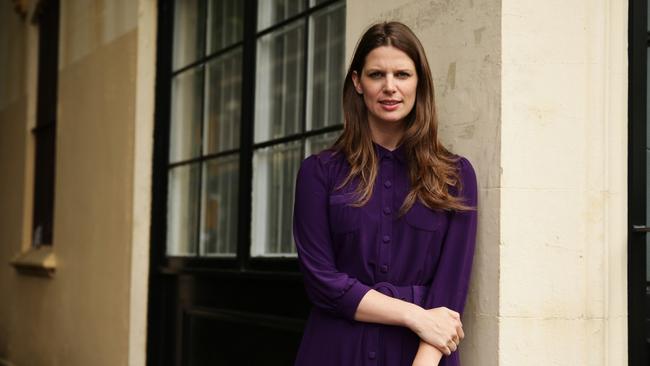
Project Sydney
Don't miss out on the headlines from Project Sydney. Followed categories will be added to My News.
- PROJECT SYDNEY: Sydney family worries children’s job security
- PROJECT SYDNEY: Steel company takes on more employees
- PROJECT SYDNEY: Powerful push to bring transport full circle
- PROJECT SYDNEY: Penalty rate cuts will boost jobs
THE chance jobseekers with little or no experience have of finding work has plummeted, with startling figures revealing entry-level positions are “virtually non-existent”.
Graduate jobs represent a mere 4 per cent of the entire new job market, falling 20 per cent in the past five years.
Data crunched exclusively for The Daily Telegraph reveals a measly 6311 jobs advertised with “no experience required” out of 1,355,513 online job advertisements in the past year.
That is an alarming drop of 25 per cent from 8516 jobs advertised for zero experience just 12 months earlier, the figures from strategic economists Alphabeta show.
With The Daily Telegraph’s Project Sydney campaign focusing on the barriers young people face in getting jobs, Prime Minister Malcolm Turnbull has been called upon to reinstate the federal Youth Minister portfolio — which was dumped in 2013 by former prime minister Tony Abbott.
And the state government has been asked to reinstate the Youth Affairs portfolio, which was downgraded to a “minister responsible for youth” role by former premier Barry O’Farrell in 2011.
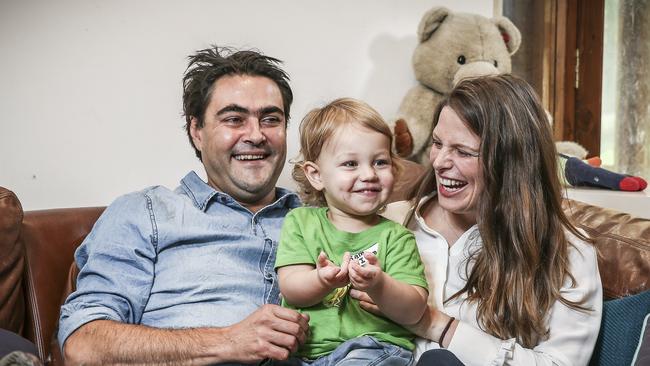
“We really need federal and state representation for youth,” Youth Action chief executive Katie Acheson said. “The NSW position isn’t an actual ministry ... it goes to show how the youth voice has been sidelined by state and federal politicians.”
Ms Acheson added that university graduates were now spending years trying to find full-time work. “We need to know there’s at least one person in federal Parliament who wakes up every morning and thinks about the issues facing our young people,” she said.
“These stats show is that it’s almost impossible to find work without experience ... the catch-22 young people constantly face is that to get a job they need experience but they can’t get experience without having a job.”
Alphabeta engagement director Tarah Barzanji said the figures showed a “worrying” trend of entry-level jobs becoming almost impossible to find.
“Employers are advertising less for graduates, even as our education system churns out ever more graduates,” Ms Barzanji said.
The last federal youth minister was Labor’s Kate Ellis, who is now opposition Early Childhood and TAFE spokeswoman.
Ms Ellis said it was “incredibly disappointing” that there was no longer a federal youth portfolio.
“Young Australians haven’t had a seat at the table on important issues like jobs, TAFE, mental health and university,” she said.
“I learnt first-hand that the role of Youth Minister was to stand up for young Australians in policy discussions across all different portfolios.”
The last NSW Youth Affairs minister, Labor’s Peter Primrose, agreed state Parliament needed a minister “dedicated to young people”.
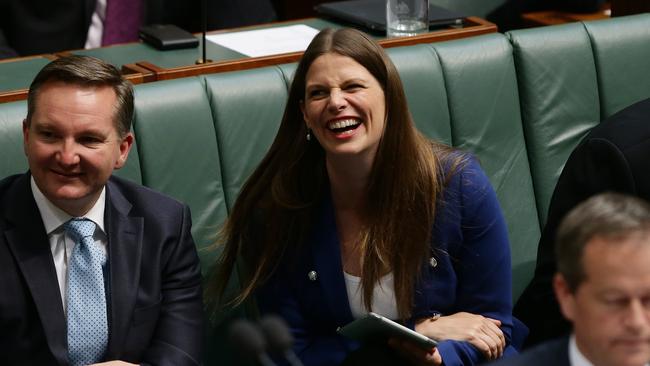
“In Cabinet meetings, unless you have someone sticking up for young people or thinking about how decisions will affect them, they get overlooked,” Mr Primrose, now opposition local government spokesman, said.
“The great thing about the role ... was that I would speak to a lot of young people and their advocacy groups so I’d be able to give a first-hand account in Cabinet meetings.”
There are more than 35,000 young people in NSW who are not working full-time or studying.
Sydney Business Chamber Western Sydney director David Borger said he was “100 per cent” worried there would be a jobs shortfall in the future. “It’s a disgrace to our nation that there are so many young people sitting around doing nothing,” he said.
Western Sydney University vice-chancellor Professor Barney Glover said that work experience was becoming increasingly crucial to securing jobs for young people.
“Universities are working to ensure that our programs equip students and graduates for an uncertain future ... it is important that alongside the teaching and learning within the university, that our students are gaining a variety of experiences in the workplace,” he said.
He said work experience was important “both that they may learn, and also that they may bring fresh and new perspectives to the workplace”.
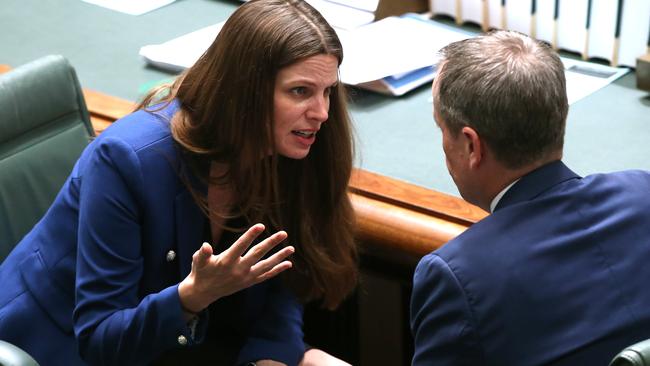
“Over 60 per cent of Western Sydney University students are first in family to attend university, so it is important that our students have the opportunity to build professional networks in the fields in which they aspire to build a career,” he said.
Premier Gladys Berejiklian said she expected all of her ministers to have a focus on youth issues, adding young people in NSW had better opportunities to find employment than any other state.
“NSW has gone from having the highest youth unemployment rate in July 2010, when Labor was in power, to its lowest level in 13 years — we are always looking for new ways to help young people find work,” she said.


